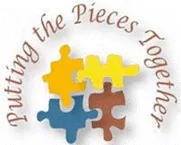<
The other day my husband and I were in a “tiff”…each of us seeing a different perspective… each of us trying to convince the other that our perception was the correct one. Yes, even marriage therapists fall into this trap.

What truly dawned on me, even though I educate my couples on being more active listeners, was that neither my husband or I was truly listening to the other. It was like I was watching it unfold in slow motion for the first time. We were each too busy preparing our next statement in defending our perspective that neither of us was hearing the other. Anyone can talk. Not everyone can listen… and we both like to talk in these situations.
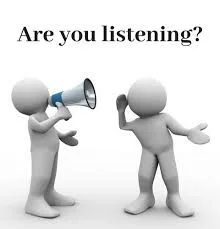
I consider myself a good listener. I have trained myself over the years to “listen” focusing on the client (speaker), listening with both my eyes and ears. Eighty percent of communication is non-verbal, so I try to listen to their facial expressions, body language, tone of voice, as well as the spoken word. I have to listen with my ears as well as my eyes and heart. Active listening involves listening with all senses.
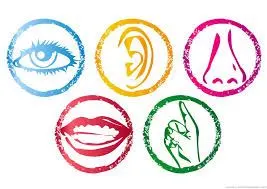
Wikipedia states: Active Listening is listening to what someone is saying, and attempting to understand what is being said. It can be described in a lot of ways. The listener is attentive, nonjudgmental, non-interrupting. An active listener looks for non-verbal messages from the speaker in order to indicate the full meaning of what is being said. With Active Listening, a person must be willing to hear what someone is saying and the intent to try to understand what the meaning of what the other person said. When active listening is used, there can be multiple benefits. Active Listening is an exchange between two or multiple people. When those people are active listeners, the quality of the conversation will be better and more clear. They connect with each other on a deeper more positive level with each other in their conversations.
So where did the break-down happen between my husband and I, especially after being together 45 years? Shouldn’t we have this down by now? One of the core reason is because he is a man and I am a woman. ( Sorry, it’s my excuse for everything) .
But here’s the deal, men like to debate and women want them to relate … and boy is this us to a tee.
It’s possible that the communication gender differences lies in how messages are perceived. But the style content of the messages themselves differ, too. Men tend to use language to transmit information, report facts, fix problems, clarify status, and establish control. Women are more likely to view language as a means to greater intimacy, stronger or richer relationships, and fostering cooperation rather than competition. In other words, it’s “debate vs relate.” (From: The First Five Years of Marriage)
Take a look at this hilarious communication conflict with a man and a woman: “ It’s Not About the Nail.”

Our “tiffs” can feel like contest. Both of us have the tendency to drive the point home beyond what is necessary, which has the tendency to keep us going, interrupt each other, jump to conclusions on intent, and stop listening. We should never have to communicate something more than one or twice to be heard. Beyond that, we shut down… on both sides of the street. Research shows that when you’re in a disagreement, you’re generally capable of repeating what the other person said for only 10 seconds. After that, you go into debate/rebuttal or check out… disconnect.
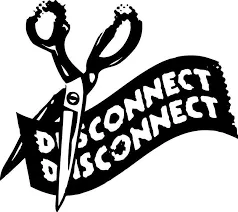
A closer connection is made when a husband and wife listen to each other empathically instead of defensively. Distance is created when they listen defensively. Rather than jumping to conclusions, ask questions. Repeat what was said so the other feels acknowledged. Validate the others feelings simply by saying something like, “I know you’re frustrated/upset/hurt/feel unappreciated, etc. Two people don’t have to agree with each other but it’s important to recognize you each see the event differently, through different lenses.
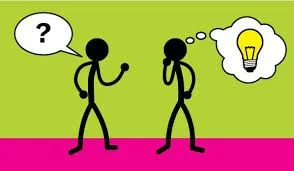
The objective is to listen and to help each other to come away feeling that what I have to say is important to you. I may not see it your way, and you may not see it my way… but we both have good-will. You’ll always be more effective in listening if you remember to…
Listen and just hear me.
And if you want to talk, wait a minute for your turn;
and I listen to you.

